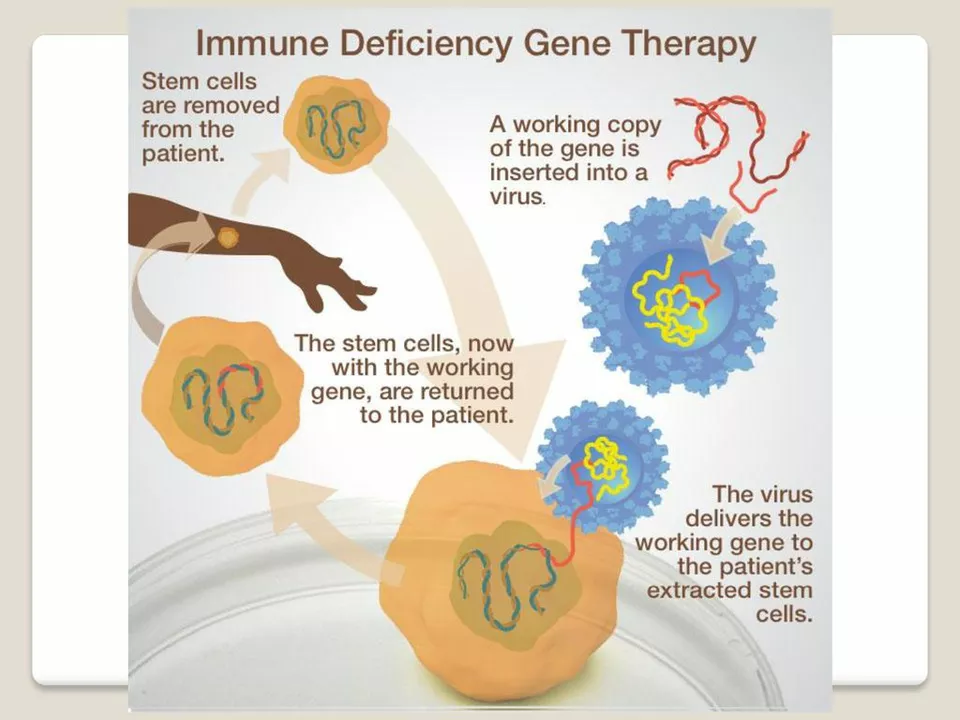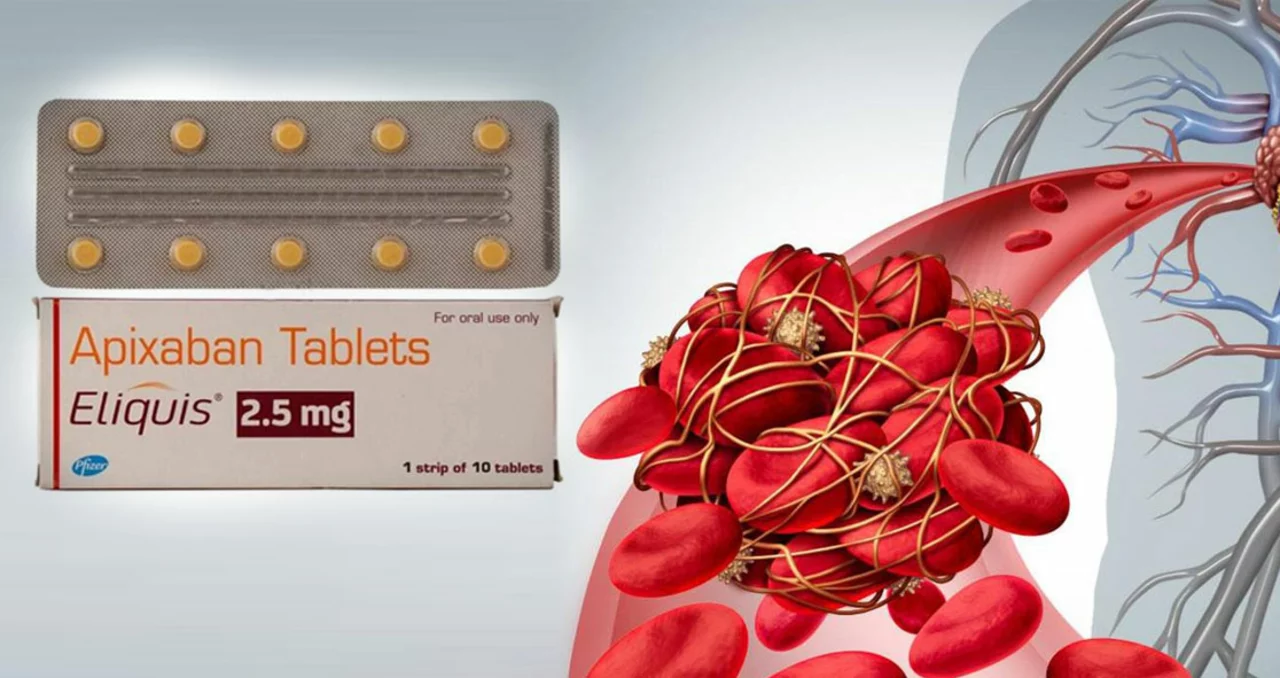Drug Research & Innovations — What’s Really Changing Care
Three developments in drug research are worth your attention right now: an old antibiotic showing promise for leprosy, biomarkers reshaping kidney cancer treatment, and new directions for the anticoagulant apixaban. These aren’t vague ideas — they’re practical shifts that affect treatment choices, side-effect risks, and who gets which drug.
Cycloserine and a new angle on leprosy
Cycloserine is best known as a tuberculosis drug, but recent reports and small trials suggest it can target Mycobacterium leprae too. That sounds surprising, but repurposing known antibiotics can speed access to better care because we already understand dosing and many safety issues. The upside: potential shorter or more effective regimens for patients in areas where leprosy still causes disability.
The catch is safety. Cycloserine can cause neuropsychiatric side effects at higher doses, so any wider use needs careful monitoring and clear guidelines. Researchers are now looking at dose ranges that balance effectiveness with fewer side effects and combining cycloserine with standard leprosy drugs to prevent resistance. If you follow global health clinics, expect pilot programs and larger trials in the next few years.
Biomarkers changing advanced renal cell carcinoma care
Biomarkers are now practical tools, not just lab curiosities. In advanced renal cell carcinoma (RCC), markers tied to immune response and blood-vessel growth help doctors pick targeted therapies or immunotherapy. For example, profiling tumors can steer patients toward drugs that block VEGF pathways or toward checkpoint inhibitors when immune signaling suggests likely benefit.
Newer efforts focus on liquid biopsies and genetic signatures that track response and catch relapse earlier. That means less guesswork: fewer rounds of ineffective therapy, clearer monitoring plans, and better timing for switching drugs. Ongoing studies are testing panels of markers to give doctors a faster, more reliable roadmap for each patient.
What about apixaban — where is anticoagulation headed? Researchers are exploring broader uses, smarter dosing, and safer combinations with antiplatelet drugs. Real-world data already show apixaban often causes less major bleeding than older agents, and trials are looking at special populations like people with kidney disease, cancer-associated thrombosis, and those needing shorter perioperative plans.
Other areas of study include point-of-care testing to guide dosing in frail patients, combining direct oral anticoagulants with targeted therapies, and improving reversal strategies for emergencies. Cost and access remain real concerns, so expect more studies that weigh effectiveness against affordability.
If you want to follow these topics, track small clinical trials and trial registries, and watch for guideline updates from major societies. New drug uses and biomarker tools often move from promising papers to standard care in stages — knowing the evidence behind each step helps you ask the right questions of your clinician. For concise updates and practical guides on these advances, keep checking BestPriceRx.com as we cover trials, safety tips, and what changes mean for patients and caregivers.
 24 Sep 2025
24 Sep 2025
A detailed look at lithium batteries versus nickel‑metal hydride, sodium‑ion, solid‑state, lead‑acid and flow alternatives, covering performance, cost and safety.
View More
 8 May 2023
8 May 2023
As a blogger, I recently came across some fascinating information about the potential role of cycloserine in treating leprosy. It turns out that cycloserine, an antibiotic typically used for tuberculosis, has shown promise in the treatment of leprosy, a disease that still affects thousands of people worldwide. Studies have demonstrated that cycloserine may be effective in targeting the bacteria that cause leprosy, potentially leading to better treatment options. While more research is needed, this breakthrough could be a game-changer for those suffering from this debilitating disease. It's always exciting to learn about new advancements in medicine, and I'm hopeful that cycloserine will soon play a significant role in the fight against leprosy.
View More
 29 Apr 2023
29 Apr 2023
As a blogger, I have been exploring the role of biomarkers in advanced renal cell carcinoma treatment. From my research, I've found that biomarkers play a critical role in guiding treatment decisions, as they help identify patients who are more likely to respond to specific therapies. Furthermore, they also aid in monitoring treatment effectiveness and detecting potential relapses. Currently, there is ongoing research to discover new biomarkers for improved patient stratification and personalized medicine. Ultimately, the use of biomarkers in advanced renal cell carcinoma treatment has the potential to revolutionize the way we approach this devastating disease.
View More
 27 Apr 2023
27 Apr 2023
As a copywriter, I'm excited to explore the future of anticoagulant therapy, particularly focusing on apixaban. It seems that apixaban has been making significant strides in the field, proving to be a more effective and safer alternative to traditional therapies. I've heard that ongoing research is being conducted to expand its use in various clinical settings and patient populations. It will be interesting to see how these developments may lead to more personalized anticoagulant treatment plans. I'm looking forward to staying updated on this topic and discovering what's next for apixaban in the world of anticoagulant therapy.
View More




